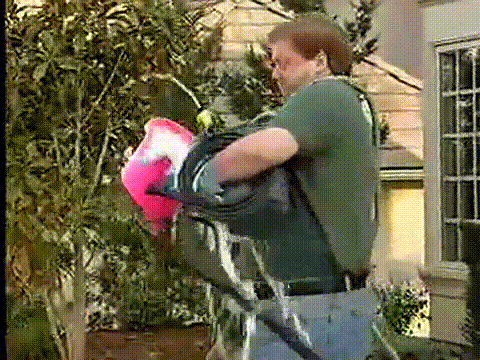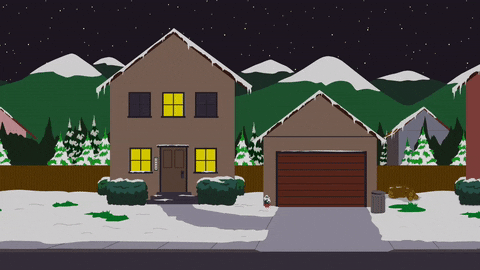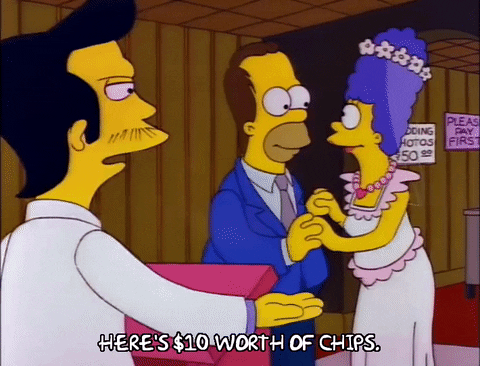Jerónimos's Lesson
Past tenses: simple, continuous and perfect.
Present tenses: perfect and perfect continuous.
Used to and be used to
Present tenses
She‘s been calling you for days.

Look how nice my car looks. I‘ve washed it.

Something is different in this house. Have you painted it?

I’ve been writing emails for hours.

I‘ve watched the series you recommended. I watched the last episode yesterday.

We have been married for 20 years.

Present Perfect Simple
- To talk about an experience in someone's lifetime, without saying the exact time when the event ocurred.
- To talk about recent events which have a result in the present.
- To talk about actions or situations that began in the past but continue in the present.
Ever, never, for, since, just, already, yet
Present Perfect Continuous
- When we want to emphasise the process and duration of an action.
- To emphasise that an action finished very recently or is incomplete.
PRESENT PERFECT SIMPLE
Subject + Have/Has + Past Participle
I have never lived in a small town. I've lived in Bogotá since I was born.
PRESENT PERFECT CONTINUOUS
Subject + Have/Has + Been + Verbs with -ING
Sorry I am so dirty, but I've been painting my bedroom.
Past tenses
He took the camera and his wallet and went out for a walk.

Cathy was happy because she had won the race.

This time last week we were standing on a volcano.

They went to Australia last
year.

The ferry had already left by the time we arrived at the port.

He has lived in Singapore for three years.

Simple
Continuous
- Describe finished actions or situations in the past.
- Actions which happened one after the other in the past.
- Stated time in the past.
- An activity in progress when another shorter activity happened or interrupted it.
- Actions in progress at a moment in the past.
- Describe scenes in a story or give a description.
Perfect
- To talk about actions that happened before another action in the past. Events are not introduced in chronological order.
- Duration from earlier in the past.
Ex. He noticed that I had cleaned the car. It was clean and shiny.
Used to and Be used to
USED TO
- To talk about past habits, things we did regularly in the past but not now.
- To talk about past habits that no longer happen.
- Repeated actions or routines in the past.
BE USED TO
- Be used to + ING form/noun.
- To talk about things that are normal or familiar to us.
- GET USED TO IT: Habits (=become accustomed to).
Jerónimo's Lesson. Class 7. Final Exam Reinforcement.
By Valentina Rodríguez Ramírez
Jerónimo's Lesson. Class 7. Final Exam Reinforcement.
- 531



